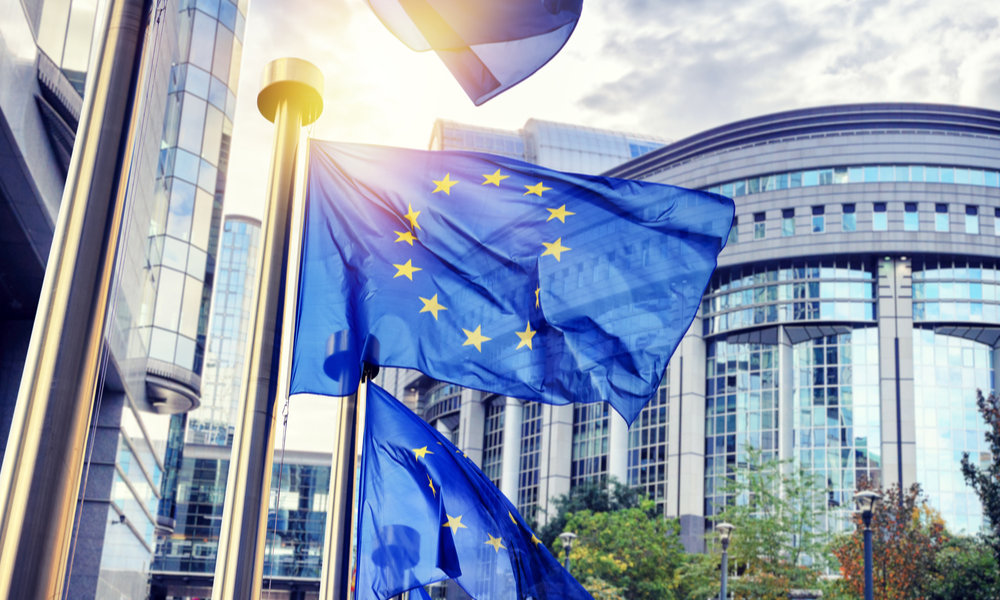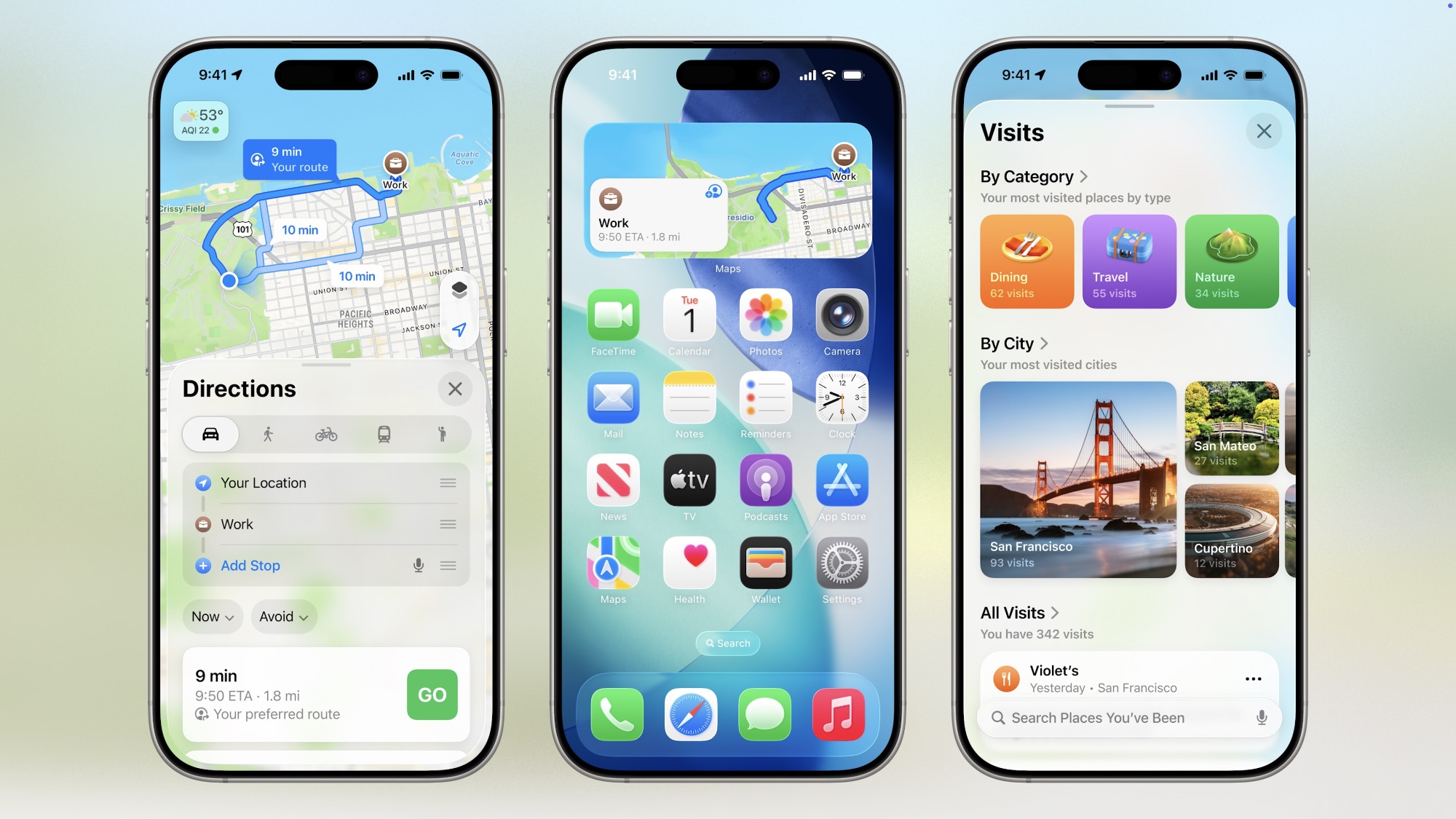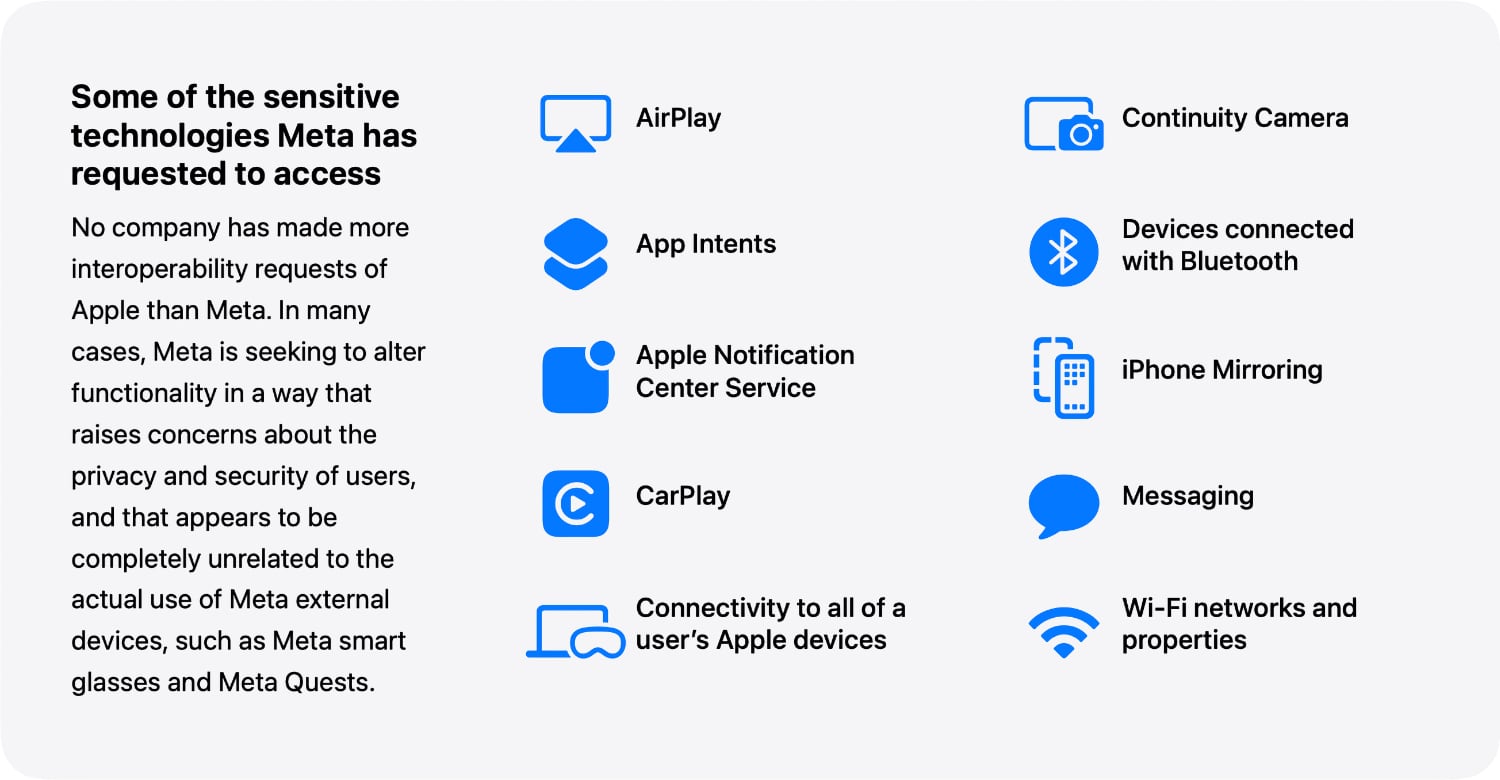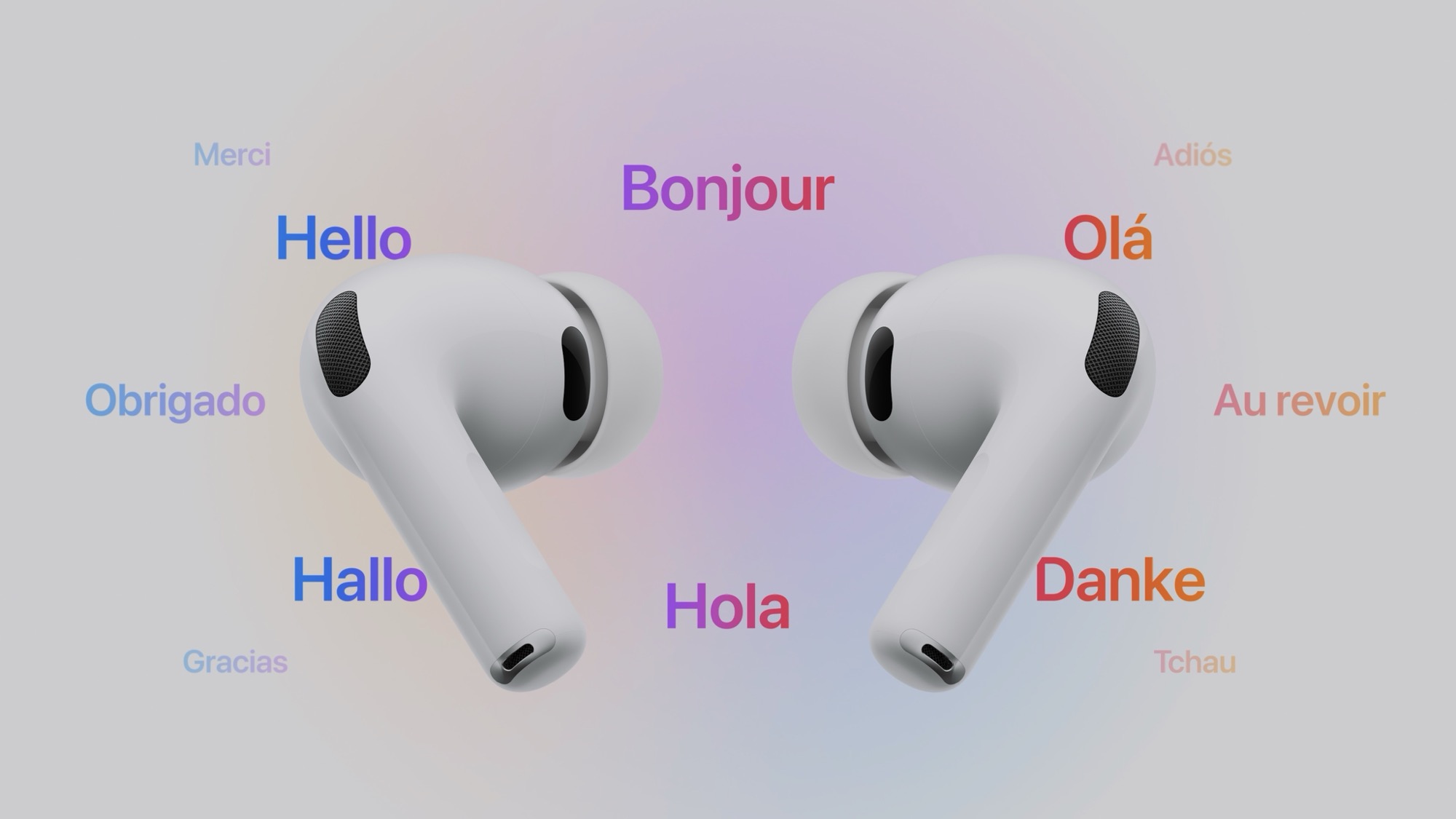Apple Confirms EU Digital Markets Act Is Blocking New iPhone Features
 symbiot / Shutterstock
symbiot / Shutterstock
Toggle Dark Mode
Earlier this year, Apple hinted that the stringent interoperability features being mandated by the European Commission could result in European iPhone users losing key iPhone features. This week, it’s come right out and said it.
Thankfully, it’s not the worst-case scenario that some feared — at least not yet. In March, the EC ordered Apple to open up everything from smartwatch connectivity to AirDrop, leading to concerns that Apple might choose to pull these features from Europe instead of letting competitors into its walled garden.
Apple seems to be taking a more measured approach. There are no indications that it’s preparing to pull existing features from EU iPhones. In fact, the reverse may be true, as new code found in the first iOS 26.1 beta suggests it’s laying the groundwork to embrace third-party smartwatches, at least for the basics like pairing and notifications. That doesn’t mean it’s stopped fighting against the EC’s mandate, but as with the App Store, it has no choice but to comply while its appeals work their way through the system.
While it’s understandable that Apple doesn’t want to deprive European customers of any existing features, it considers it fair game to hold back new features that it could also be forced to compromise on. We already saw this with iPhone Mirroring and SharePlay Screen Sharing in iOS 18, which remain missing in action in macOS Tahoe 26, and it surprised no one when Apple’s footnotes quietly pointed out that Live Translation with AirPods would also be skipping the EU.
It didn’t take too much clairvoyance for anyone who has been following this to understand Apple’s reluctance to deploy these features in the European Union. Under the Digital Markets Act, once they show up there, Apple would be required to open them to competitors. This could mean giving Microsoft and Linux developers access to the protocols used for iPhone Mirroring and Screen Sharing, and likely opening up Live Translation to competing headphone and earbud manufacturers.
Still, in case there was any doubt, Apple has now officially confirmed all these suspicions. In a public statement yesterday, Apple stated outright that the Digital Markets Act is holding things back in the European Union.
For Apple, the DMA is impacting many parts of our EU users’ experience on our products — from how they download apps and make app payments, to how their Apple products work together.
Apple
Apple notes that the DMA is “forcing us to make some concerning changes” to its products and features for users in Europe, squarely pointing the finger back at the European Commission as the reason most customers on that continent won’t be able to enjoy all the latest iOS 18 and iOS 26 features.
The statement contains a list of features, including the two we already know about, plus another one that we didn’t realize was missing until now. Here’s the list:
- Live Translation with AirPods was built with privacy in mind. Within its own ecosystem, everything is processed on-device, with nothing accessible to Apple. Under the DMA, Apple would be required to allow other companies and developers access to its Live Translation technologies. It’s not ruling that out, but notes that it requires “additional engineering work” to shore things up.
- iPhone Mirroring, which was introduced last year in iOS 18 and macOS Sequoia, relies on a secure and private connection between the Mac and iPhone to allow users to check notifications and control iPhone apps from the Mac, and even drag and drop photos to transfer between devices. Apple says it’s been trying to make this more interoperable, but “our teams still have not found a secure way to bring this feature to non-Apple devices without putting all the data on a user’s iPhone at risk.”
- Visited Places and Preferred Routes in Maps came as a bit of a surprise, but it turns out that Apple is delaying these in the EU as well because of potential interoperability requirements. Apple believes the DMA would require that this location data be accessible to third-party apps and developers, and, like iPhone Mirroring, it states that it hasn’t figured out a way to share those capabilities without risking user privacy by exposing users’ locations.

Apple states that it has tried to reach a compromise with European regulators, but has been rebuffed. However, it also doesn’t say what those suggested changes were, so it’s hard to determine which side (if any) is being unreasonable.
We’ve suggested changes to these features that would protect our users’ data, but so far, the European Commission has rejected our proposals. And according to the European Commission, under the DMA, it’s illegal for us to share these features with Apple users until we bring them to other companies’ products. If we shared them any sooner, we’d be fined and potentially forced to stop shipping our products in the EU.
Apple
The rest of Apple’s statement expresses the company’s concerns and opposition to what it’s already being required to do, including providing the complete content of user notifications and the full history of Wi-Fi networks that users have joined. Apple notes that multiple companies have already submitted requests for this sensitive data, “putting our EU users at much higher risk of surveillance and tracking.” In many cases, this includes data that even Apple can’t access.
Much of this is a rehash of what Apple highlighted in December, when it published a white paper titled It’s getting personal. In that, Apple pointed out how the DMA interoperability mandate was open to abuse by privacy-invasive companies like Meta, which has a history of breaking the rules to harvest private user data, and at that point had made more interoperability requests than any other company.

If Apple were to have to grant all of these requests, Facebook, Instagram, and WhatsApp could enable Meta to read on a user’s device all of their messages and emails, see every phone call they make or receive, track every app that they use, scan all of their photos, look at their files and calendar events, log all of their passwords, and more. This is data that Apple itself has chosen not to access in order to provide the strongest possible protection to users.
It’s Getting Personal, Apple December 2024 white paper (emphasis in original)
While Apple continues to fight the DMA on principle, the European laws don’t allow any leeway for Apple to delay compliance until its appeals are heard. In some cases, it’s already raised the white flag, opening up features like NFC payments even beyond the scope of the EU. There’s evidence that it could also be preparing to do the same with sending notifications to smartwatches and other accessories.
The EU also isn’t the only place where it’s in the crosshairs of government regulation, as a similar interoperability challenge by the US Department of Justice is currently working its way through the courts. While that challenge isn’t nearly as broad as the DMA requirements, it’s pushing for many of the same hardware-level changes when it comes to major product categories, such as NFC payments, smartwatches, and third-party messaging apps.
It’s hard to say for sure at this point whether Apple’s delaying of iPhone Mirroring, Live Translation, and the new iOS 26 Maps features are merely a bargaining chip in its fight against the DMA, but it appears to be on solid legal ground in simply refusing to implement these in the EU. Nothing in the DMA or any other European legislation requires companies to deliver feature parity in the EU, and the European Commission would likely have a much tougher battle trying to pass new legislation that would mandate this. So, for now, the game between the tech and political behemoths continues, and it’s the end users in Europe who end up being caught in the crossfire.









